The 10 Best Race Tracks In The World
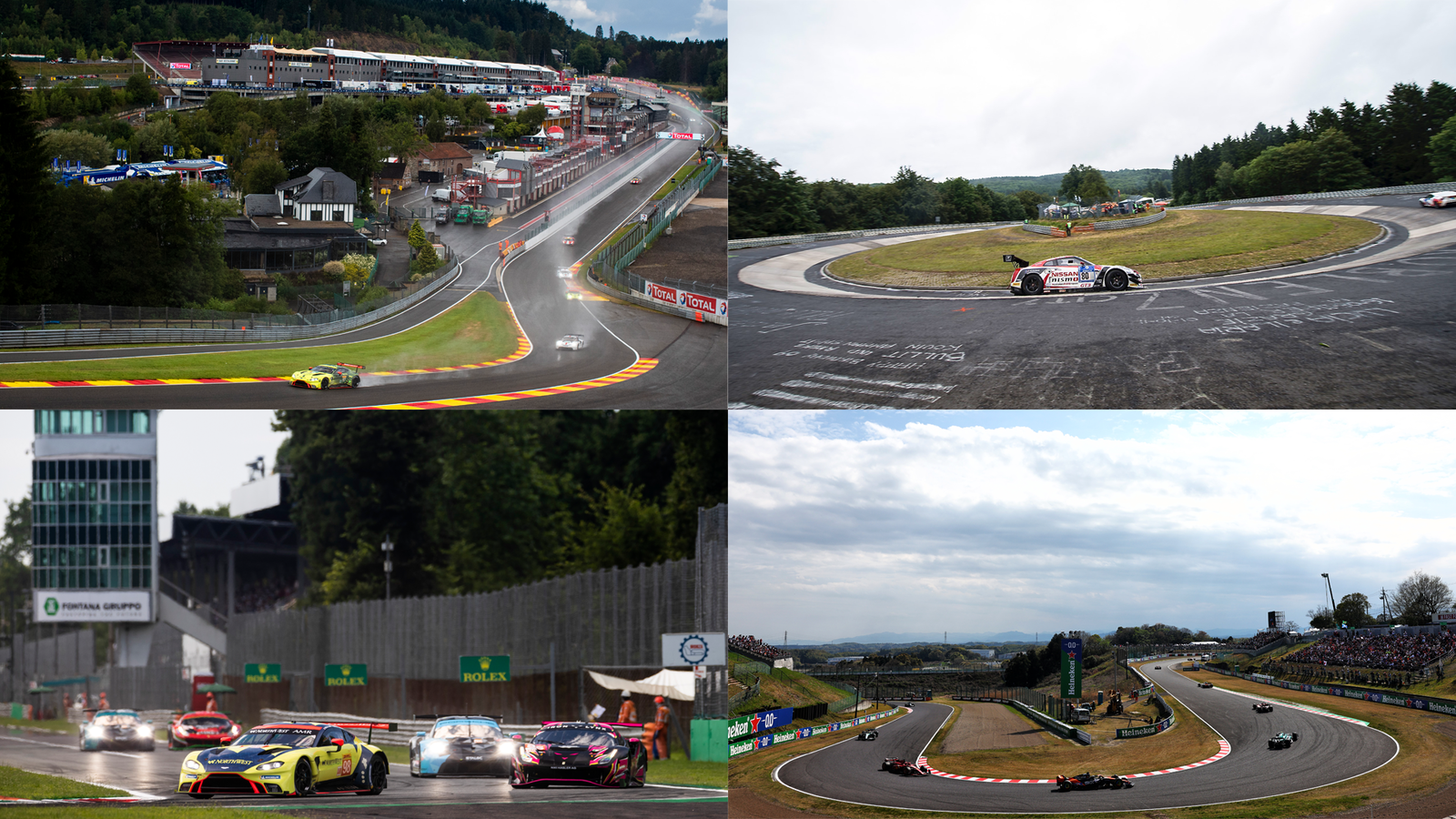
For a petrolhead, there’s nothing on earth quite like a race track. They’re a place of worship to speed, with pretty much free reign to explore a car – and yourself – to an absolute limit.
Not all race tracks are created equally though. There are a few extra-special stretches of tarmac across the world that will excite any enthusiast, be it through motorsports history, a penchant for track days or taking them on virtually. Here are the 10 we think are the best on the planet.
1. Nürburgring Nordschleife
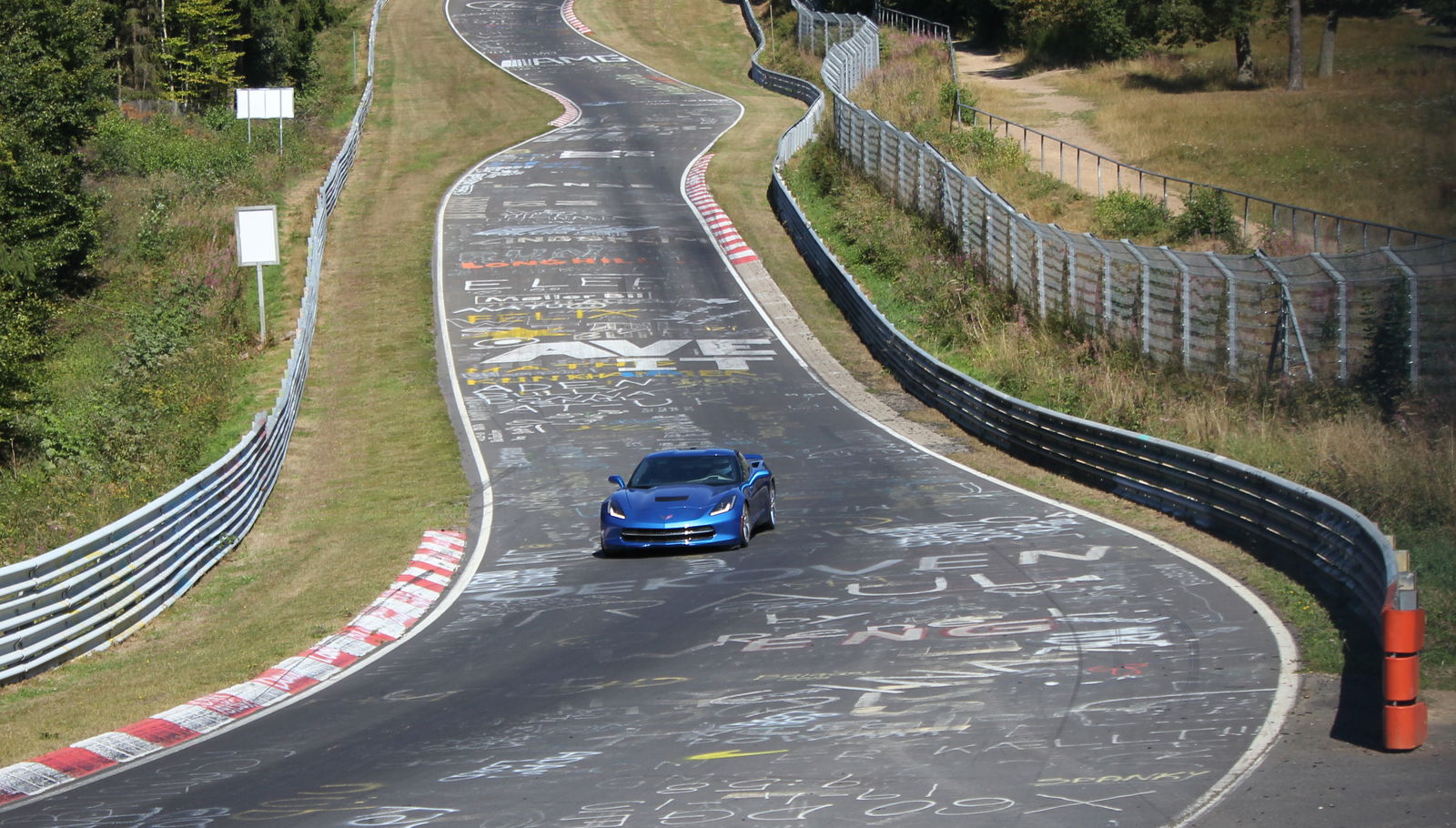
No race track on earth is as notorious as the Nürburgring. The 17.6-mile ‘Green Hell’ consists of 154 corners, and its narrow width gives it an almost suffocating feeling. It’s the place most car manufacturers test because of its variety, and it’s almost a right of passage for any enthusiast to take a lap on a Touristenfahrten day.
2. Spa-Francorchamps
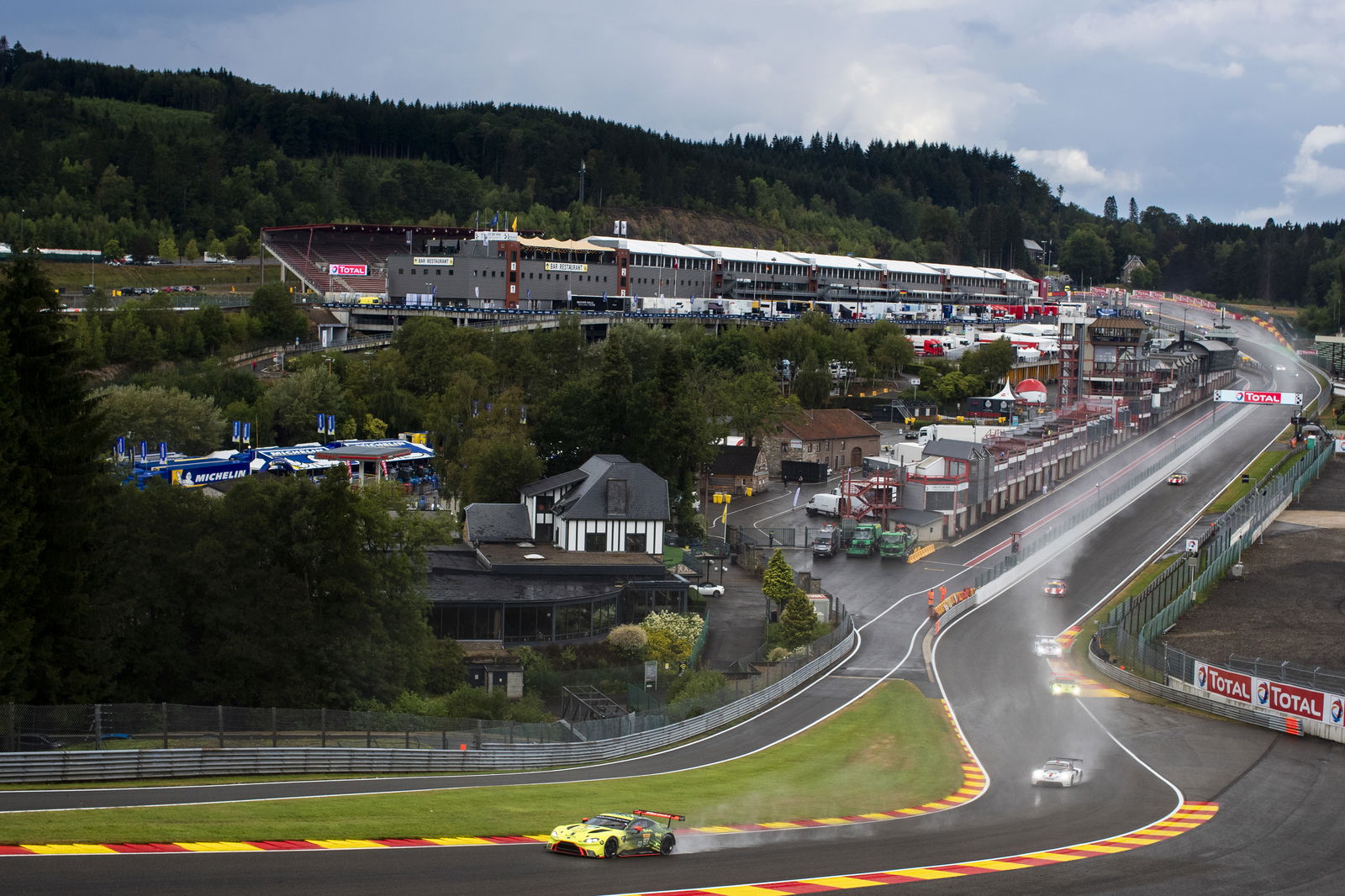
Spa-Franchorchamps may be located in a beautiful part of the world, but that doesn’t take away from the challenging and harrowing tarmac within. It’s a very high-speed circuit, with legendary corners like the climb up the Radillion-Eau Rouge complex and the flat-if-you-dare Pouhoun. There’s the ever-constant threat of rain here, too.
3. Suzuka
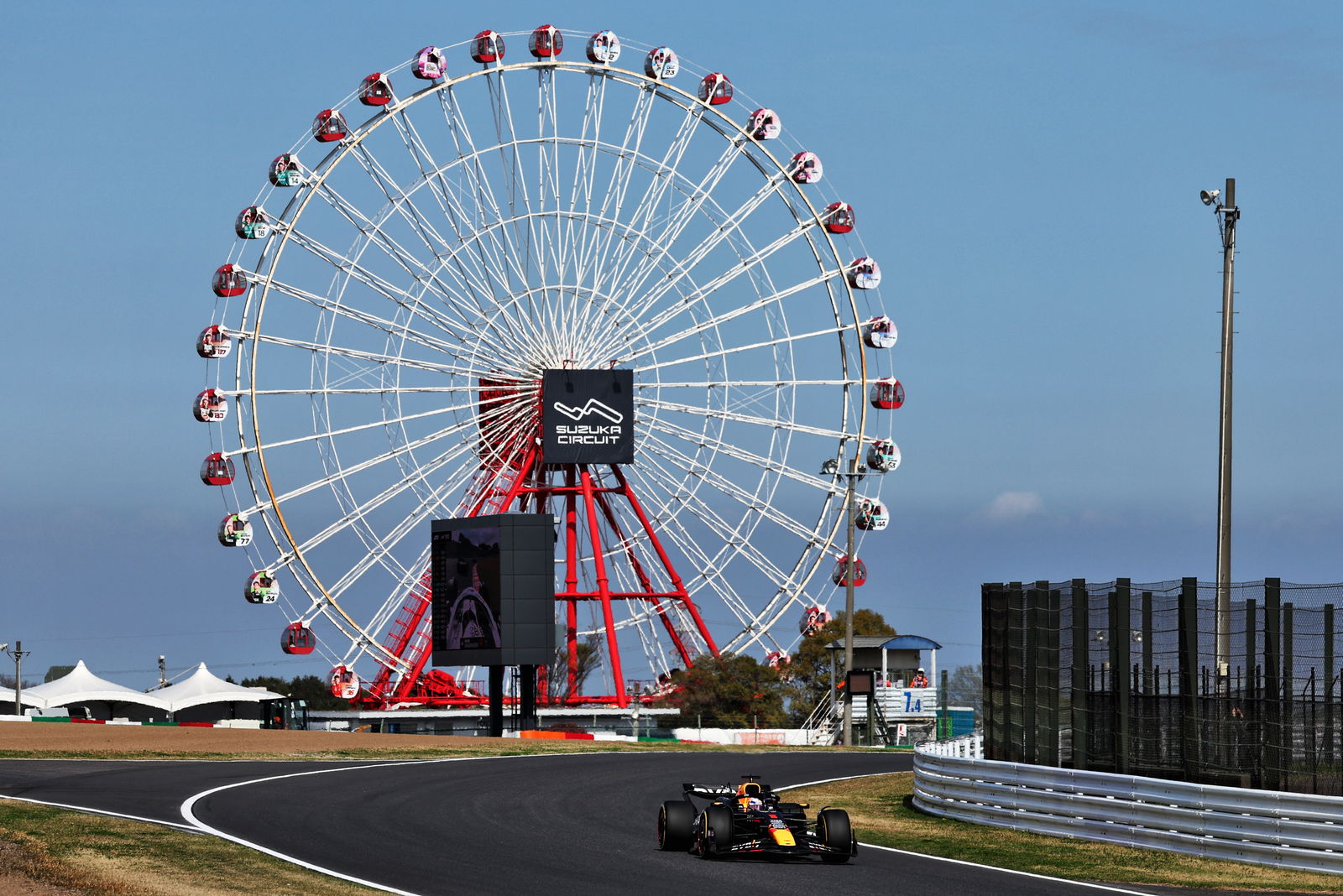
Originally opened as a test track for Honda, Suzuka soon established a reputation as one of the most exciting circuits on earth. The most iconic corner of the figure-of-eight layout is the infamous 130R, an incredibly fast left-hander, although the ‘S’ curves, Degner and Spoon are all just as enthralling. It’s perhaps most famous for *that* moment between Senna and Prost at the climax of the 1989 Formula One season, though.
4. Circuit de la Sarthe
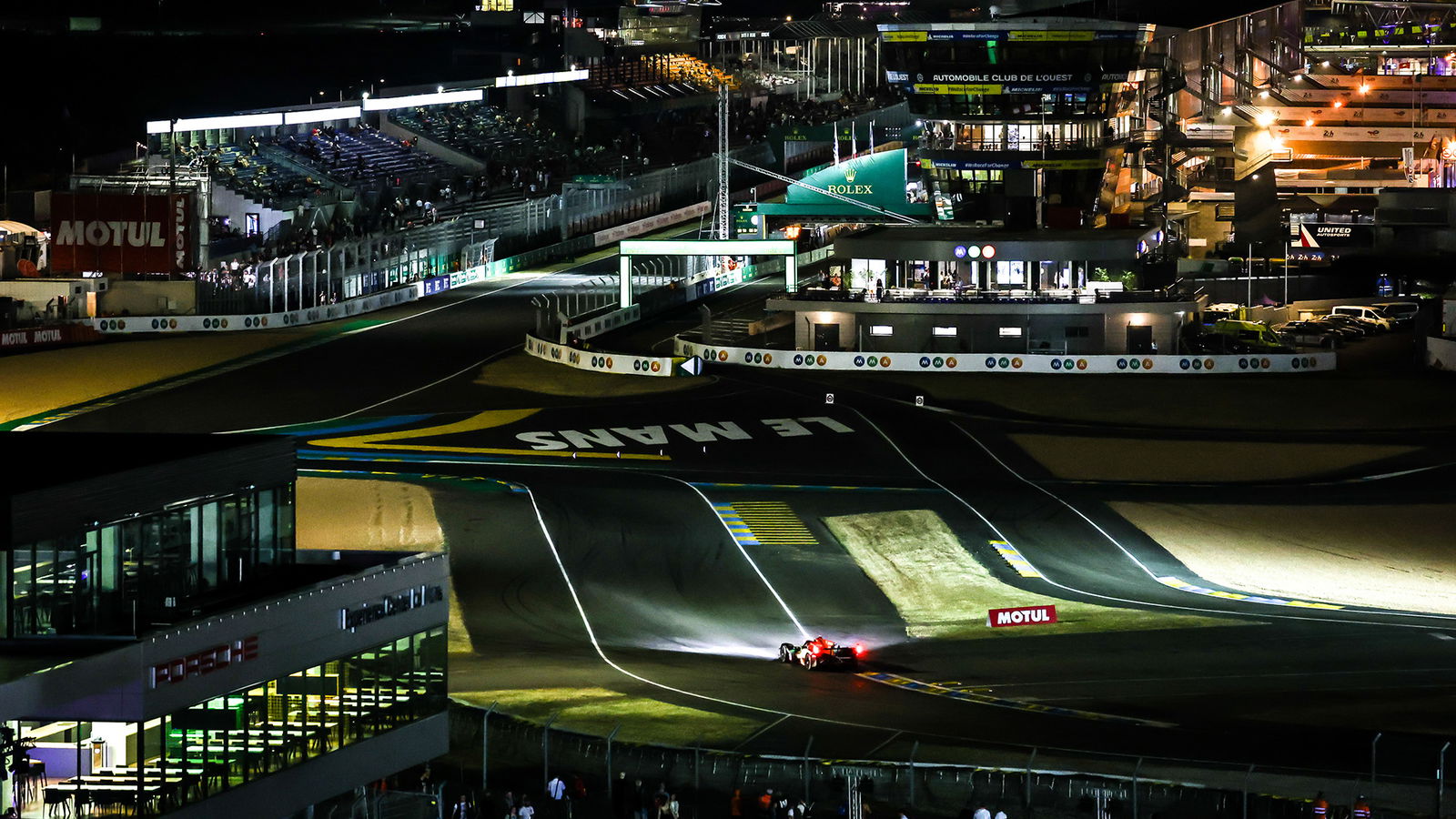
Once a year, the outskirts of the sleepy French town of Le Mans becomes the Circuit de la Sarthe. Part of the track is permanent, but it’s linked up by local roads from Tetre Rouge to the Porsche Curves transforming it into a legendary track. The Mulsanne Straight could lay claim to being the most famous straight line on the planet, even with its safety-conscious chicanes that have been in place for a few decades now.
5. Mount Panorama

If you’re ever heading down under, make time to visit Mount Panorama. It’s better known as Bathurst, the city it sits on the edge of, and plays host to the iconic 12 Hours and 1000 endurance races. Technically speaking, it’s a street circuit, and lacks little room for forgiveness if you get something wrong climbing up the hill.
6. Laguna Seca
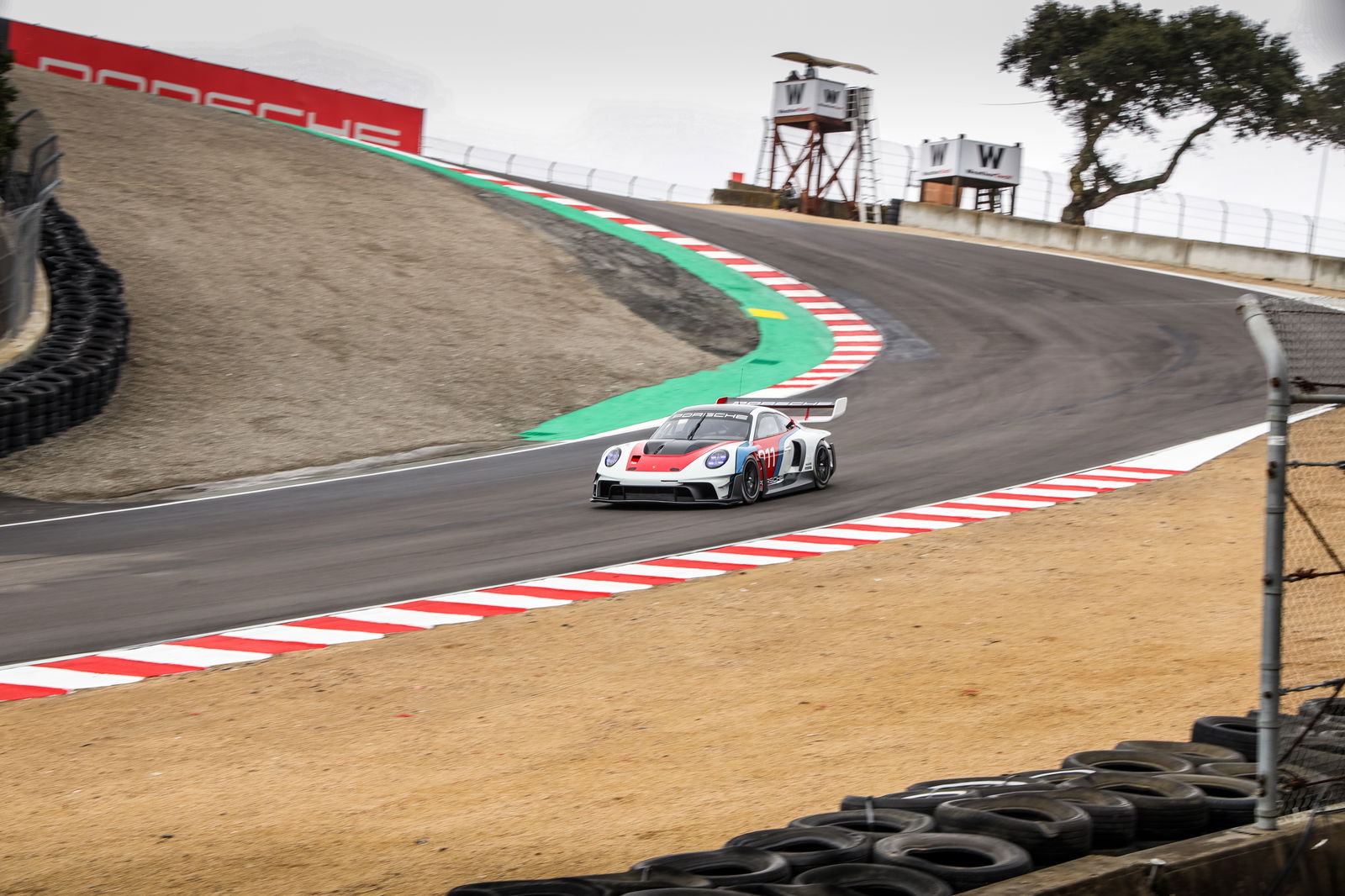
Laguna Seca is a simple track if you look at it on a map, but its elevation is what makes it truly special. The gradual climb around the lap quickly descends as you hit the blind Corkscrew which is sure to grab your stomach as you drop down it.
7. Circuit de Monaco
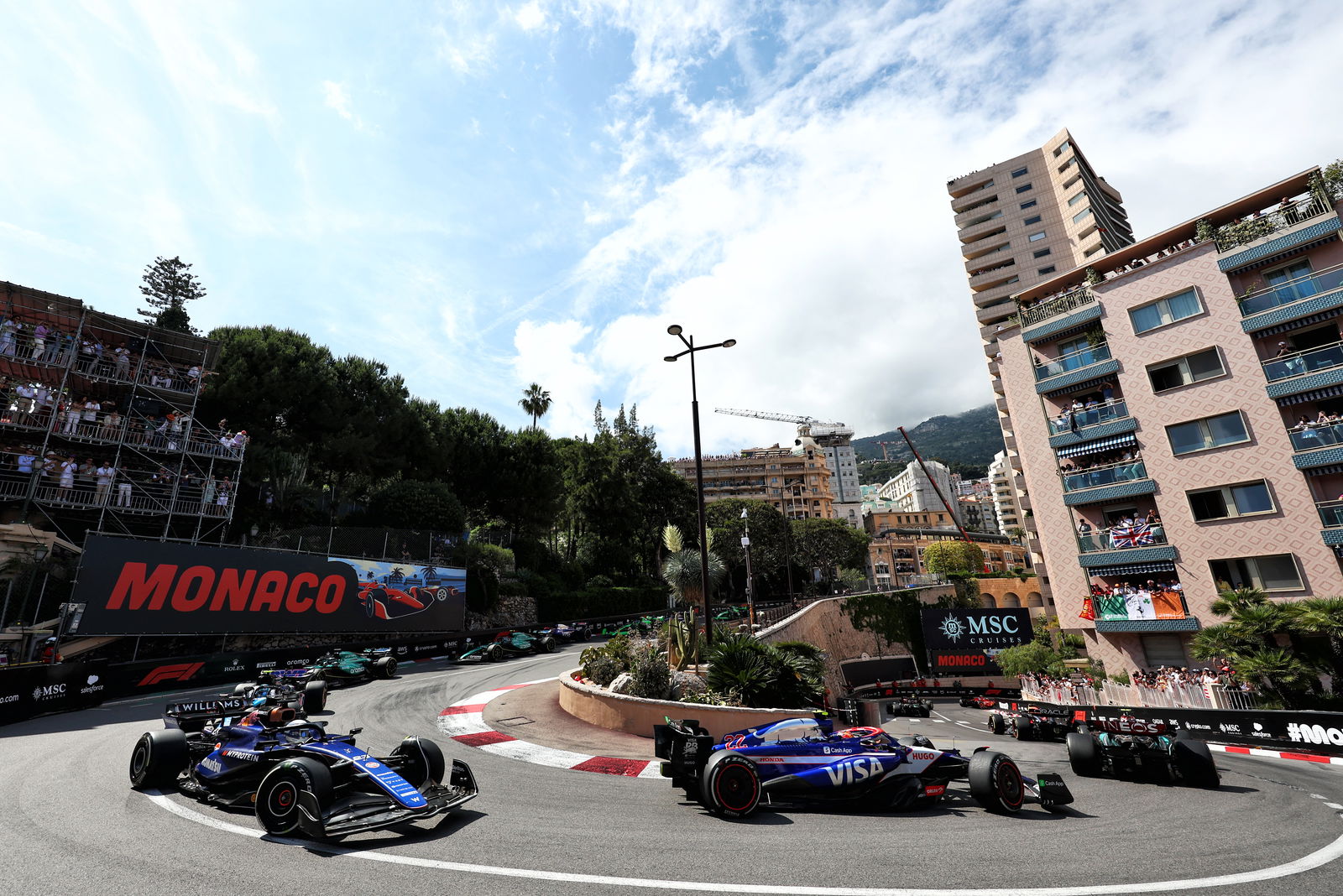
The street track around the Principality of Monaco has changed very little since it debuted on the F1 calendar in 1950, and it remains a difficult one to master. With quick corners like Piscine mixed in with tight hairpins and barriers surrounding the circuit, there is no margin for error. While overtaking may be difficult, the Monaco Grand Prix is the jewel in F1’s crown and the track remains a favourite for drivers.
8. Monza
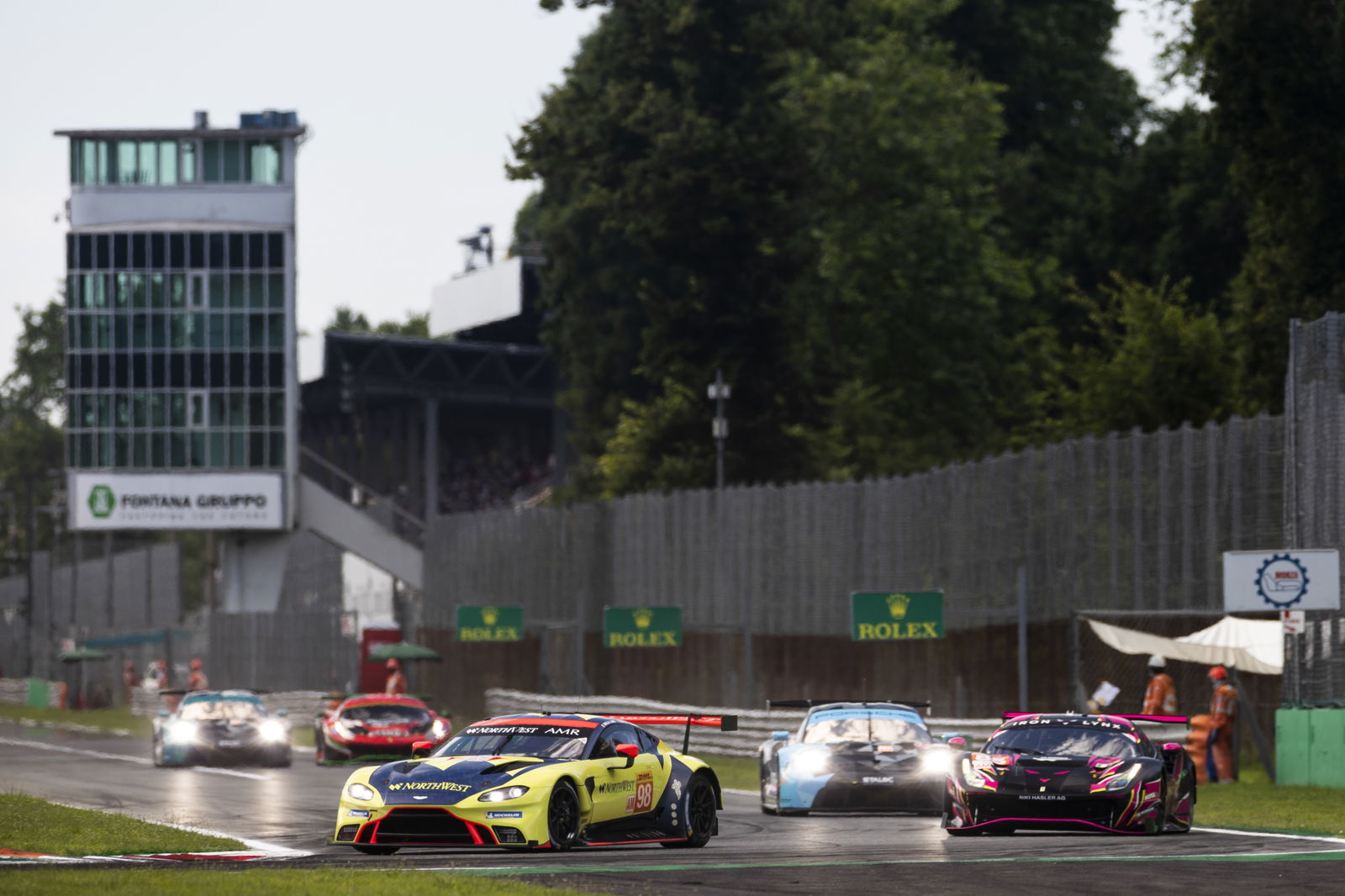
You don’t gain a reputation as the ‘Temple of Speed’ lightly. Monza is one of the fastest race tracks on the planet, effectively a bunch of straights joined up by high-speed corners and a few chicanes just to keep things relatively safe. In fact, you could argue it’s quite soft these days compared with its original layout which incorporated treacherous concrete banking.
9. Silverstone
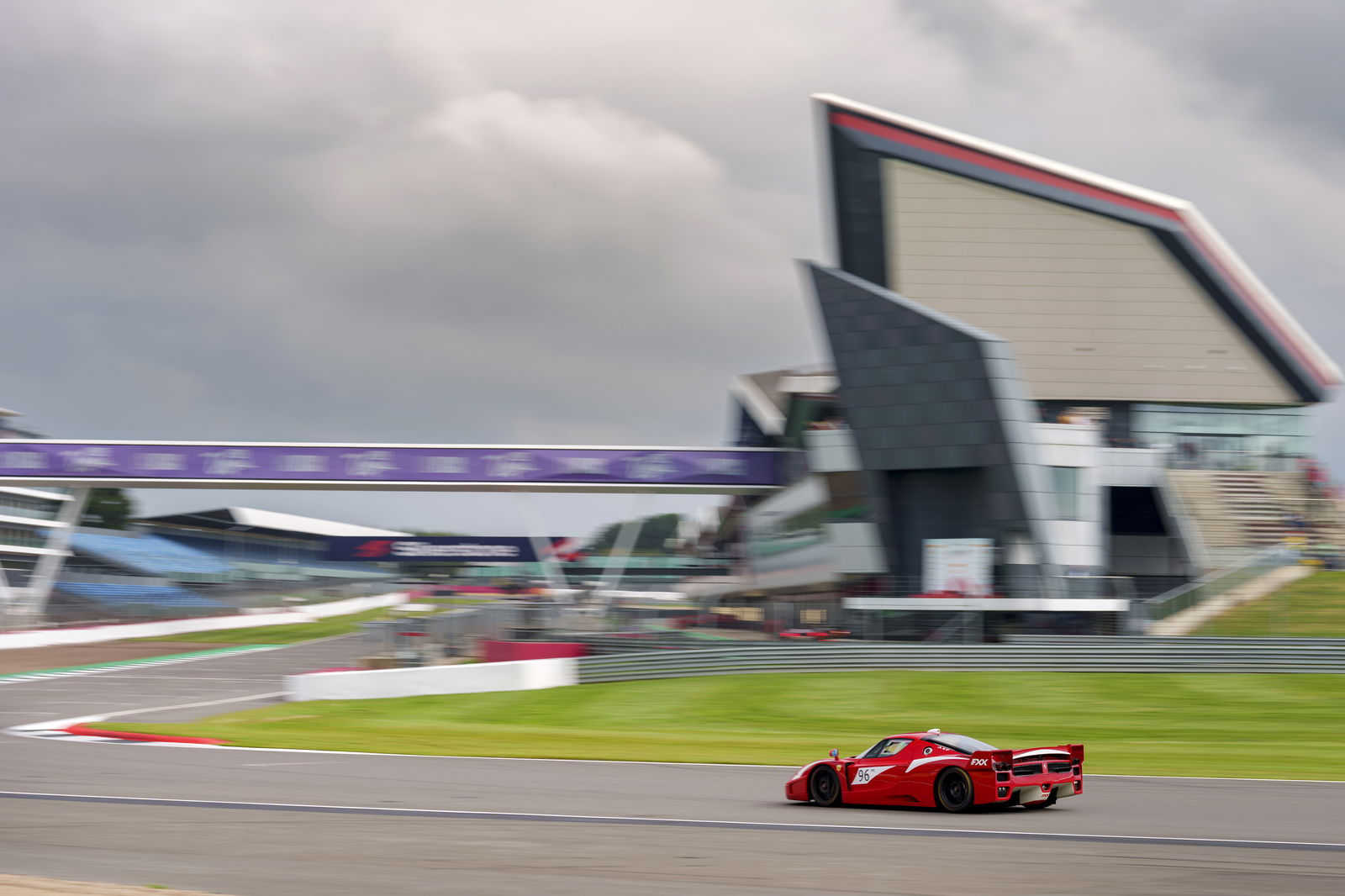
Born from the ashes of a WW2 airfield, as with many British race tracks, Silverstone has become the crown jewel of motorsport in the UK. It’s a very flat circuit defined by its high-speed corners with the likes of Copse, Maggots and Becketts bringing out the best of both drivers and cars.
10. Interlagos
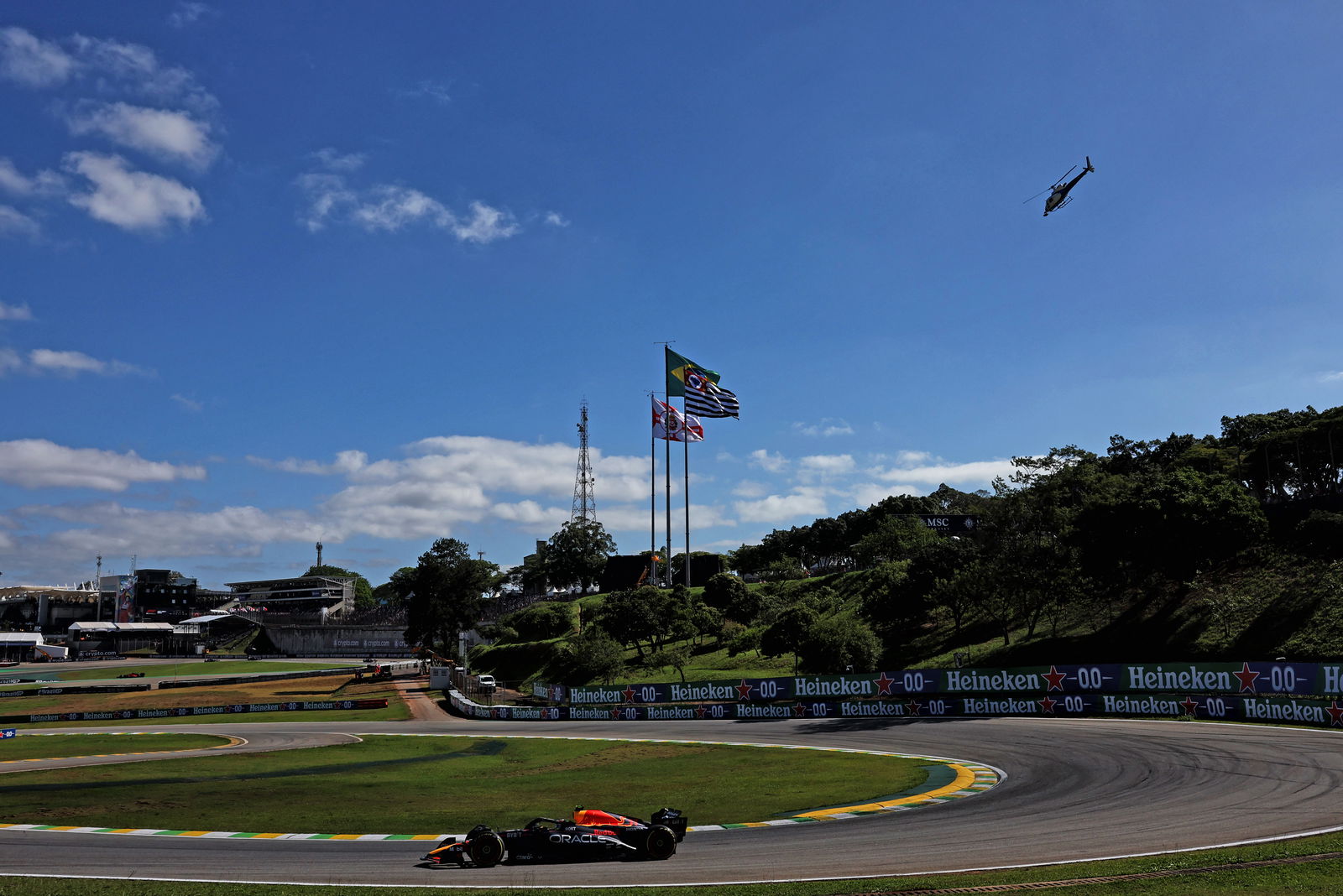
Autódromo José Carlos Pace, better known by its former name Interlagos, is best known for staging the Brazillian Grand Prix but it’s also the home of a strong motorsport culture in the nation. It’s a relatively short track at 2.7 miles, but technically challenging thanks to elevation and sweeping curves. Weather can often be a big factor here, too.








Comments